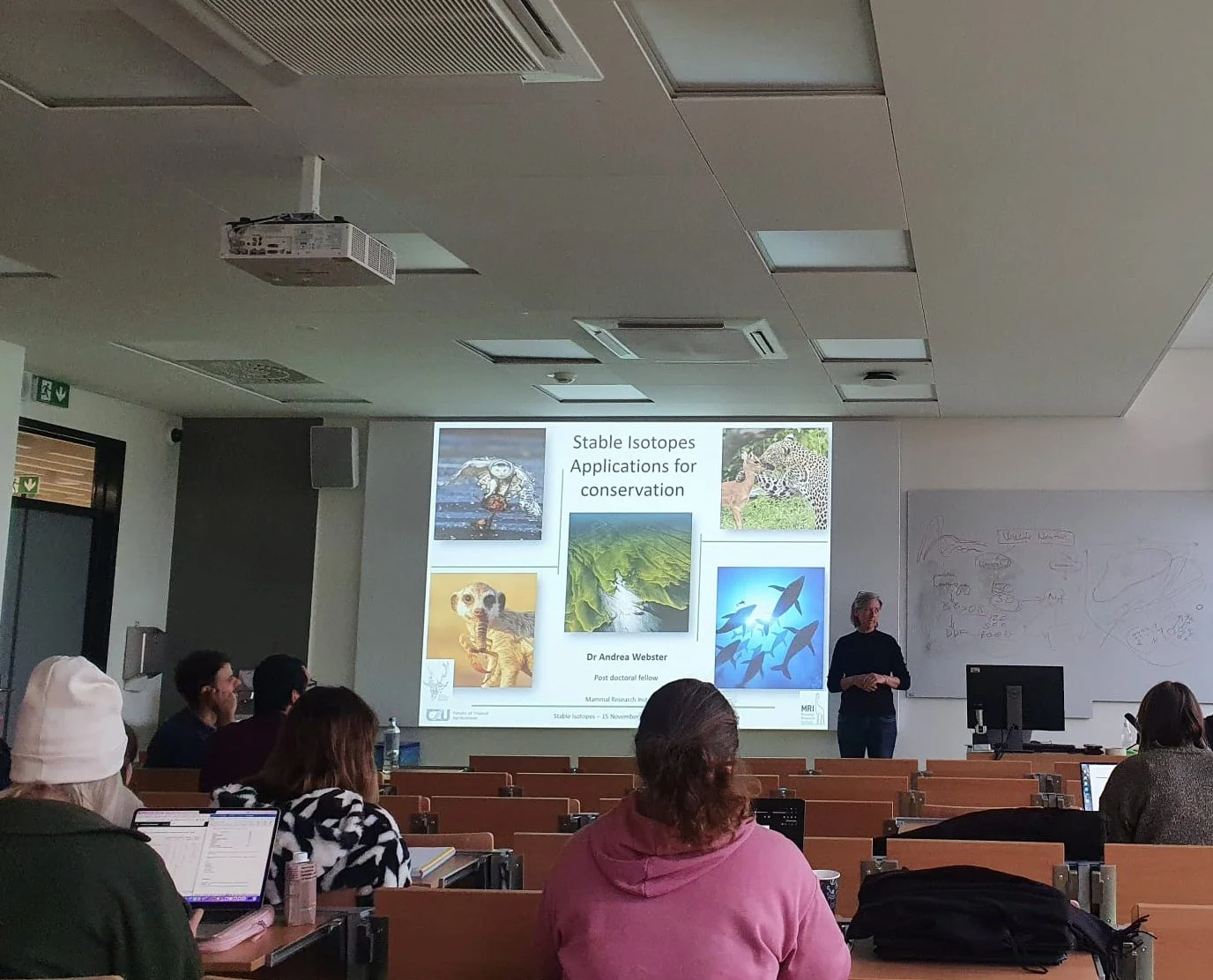We are pleased to announce some exciting news regarding the UP Stable Isotope Laboratory. We are getting an awesome renovation/upgrade and we will also be expanding our repertoire of stable isotope analyses. More details on these will be made available once all our equipment has been re-commissioned and tested. The planning stage is almost complete and the actual work in the lab should begin in the next few weeks.
Unfortunately, the renovations mean that the laboratory is currently not able to provide stable isotope analyses or any training. At this stage, we are not sure as to how long the actual work will take, but it is most likely that we will be back in action sometime in the second half of 2023. The UPSTIL Manager, Dr Grant Hall, will provide an update as to when this will take place and also give everyone interested details as to what the new and improved UP Stable Isotope Laboratory will have to offer.
Our apologies for not being able to assist with any analyses for the next few months, but Dr Grant Hall will be able to assist with any queries/questions relating to new projects and services.



















